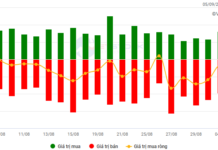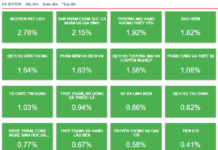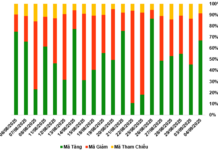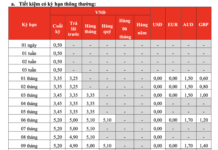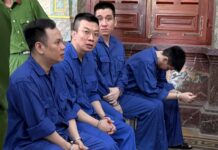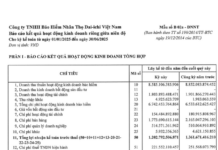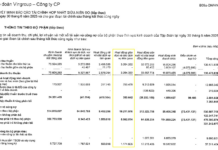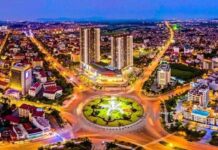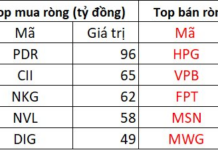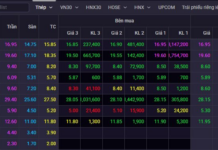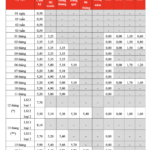1. Ten Groups Eligible for Social Housing Purchase
According to Article 49 of the Housing Law No. 65/2014/QH13, there are currently ten groups eligible to purchase social housing, provided they meet the stipulated conditions. They are as follows:
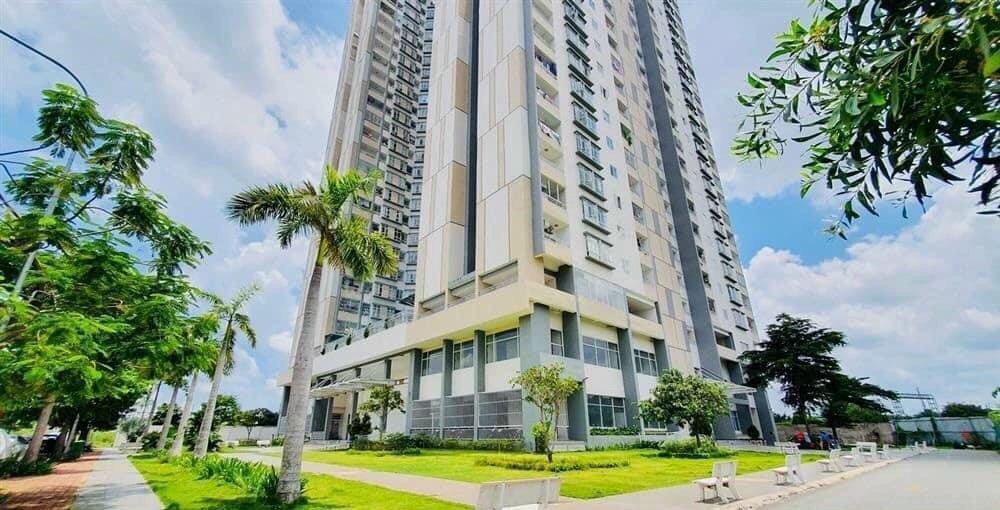
According to current legal regulations, there are ten groups eligible to purchase social housing.
|
No. |
Group |
|
1 |
People with contributions to the revolution, as stipulated by law on preferential treatment for people with contributions to the revolution. |
|
2 |
Poor and extremely poor households in rural areas. |
|
3 |
Households in rural areas in areas frequently affected by climate change and natural disasters. |
|
4 |
Low-income earners, poor and near-poor households in urban areas. |
|
5 |
Workers currently employed by businesses within/outside industrial parks. |
|
6 |
Officers, warrant officers, specialist technical warrant officers and professional military personnel, and workers in agencies and units within the military and public security forces. |
|
7 |
Civil servants and public employees. |
|
8 |
Individuals who have returned public housing in accordance with Clause 5 of Article 81 of the Housing Law No. 65/2014/QH13 (individuals who return public housing if they are not subject to having their housing repossessed due to violations and do not own a house at the place where they are living after returning the public housing, then the agency/organization currently directly managing and employing such individuals is responsible for coordinating with the People’s Committee of the province where such individuals reside, based on the actual situation, to resolve the issue of renting, hire-purchasing, or purchasing social housing). |
|
9 |
Students at academies, universities, colleges, and vocational schools; students at public boarding schools for ethnic minorities, who are permitted to use housing during their studies there. |
|
10 |
Households and individuals who have had their land repossessed, and their houses demolished in accordance with regulations, but have not yet received compensation from the State for housing and land. |
In addition, the Housing Law No. 27/2023/QH15 has been promulgated and will be effective from January 1, 2025, adding the following groups to those eligible to purchase social housing:
Enterprises, cooperatives, and federations of cooperatives in industrial parks.
Family members of martyrs.
Civil defense personnel, and individuals performing other work in sensitive organizations who receive salaries from the state budget.
Students at specialized schools.
2. Latest Conditions for Purchasing Social Housing
According to LuatVietnam, the provisions of Clause 1 of Article 51 of Housing Law No. 65/2014/QH13 stipulate that individuals who belong to numbers 1, 4, 5, 6, 7, 8, and 10 in the table of groups listed in section 1 must meet the following conditions to be eligible to purchase social housing:
Housing conditions: Must fall into one of the following two cases:
Individuals who do not own a house, have not purchased, rented, or hired-purchased social housing, and have not benefited from any housing or land support policies in any form at the place where they are living and studying.
Individuals who own a house but the average area per person is below the minimum average area set by the Government for each period and each region (in cases where individuals own a house, the average housing area is less than 10m2/person).
– Residency conditions: Individuals must be registered as permanent residents in the province/municipality where the social housing is located. If they are not registered as permanent residents, they must have been registered as temporary residents for at least one year in the province/municipality where the social housing is located, except for individuals listed as number 9 in the table of groups in section 1.
– Income conditions: For individuals listed as numbers 4, 5, 6, and 7 in the table of groups in section 1, they must not be required to pay regular income tax in accordance with regulations on personal income tax. In other words, individuals must have a monthly income of 11 million VND or less (i.e., 132 million VND/year) if they have no dependents.
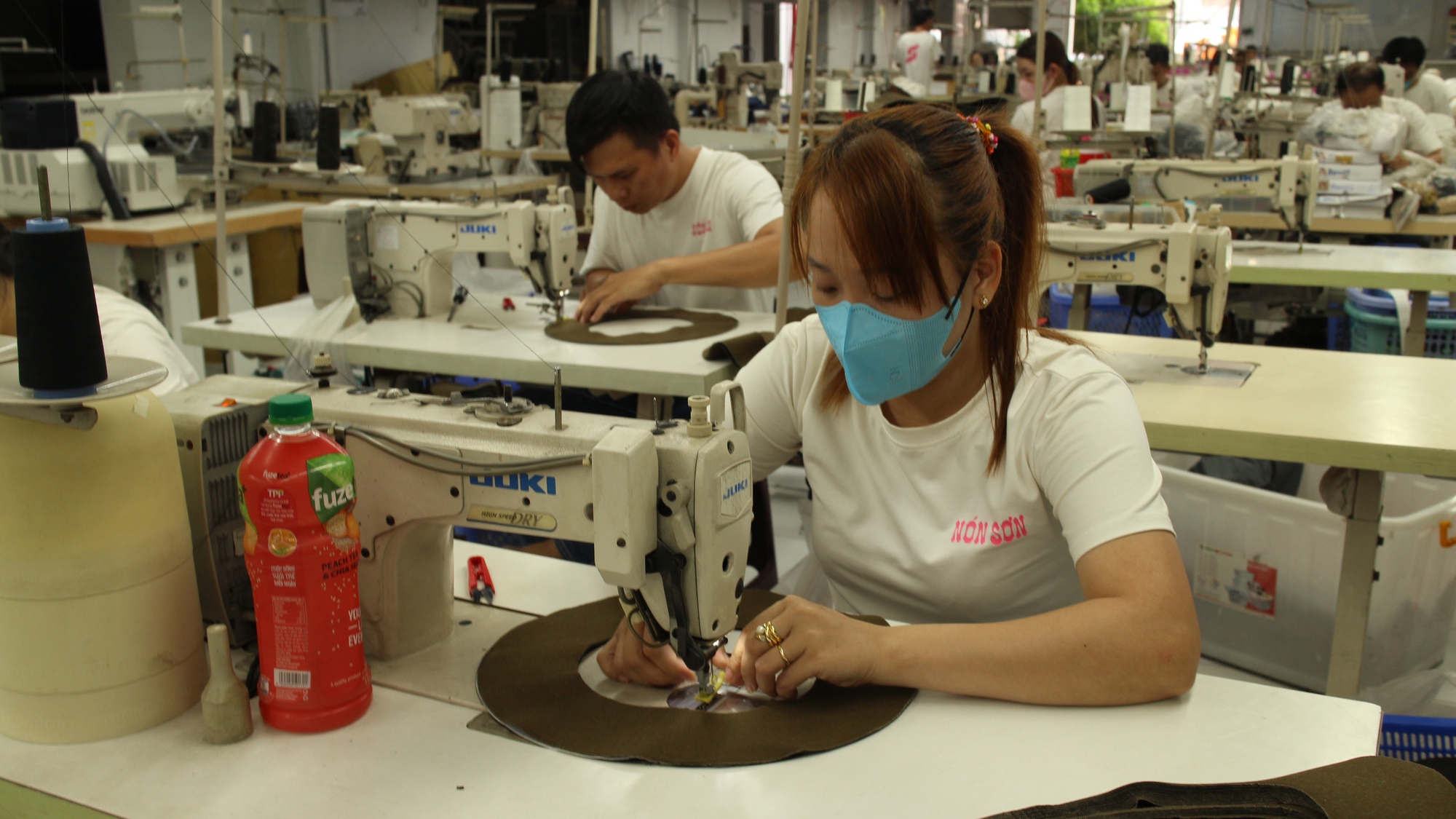
Workers working in businesses within or outside of industrial parks are eligible to purchase social housing.
If they are poor or extremely poor households, individuals must be classified as poor and near-poor, as determined by the Prime Minister.
However, for individuals listed as numbers 1, 8, 9, and 10 in the table of groups in section 1, they are not required to meet the income condition mentioned above.
Nonetheless, from January 1, 2025, the Housing Law of 2023 will become effective and will only stipulate housing and income conditions, but will not stipulate residency conditions.
Additionally, the income condition does not specify a specific amount, but rather states that it should adhere to the income conditions set by the Government or, if applicable, that individuals should be poor or near-poor households entitled to benefits.
3. Should You Purchase Social Housing?
To answer the question of whether or not to purchase social housing, readers may refer to the advantages and disadvantages of this type of housing in order to make an informed decision that suits their specific needs:
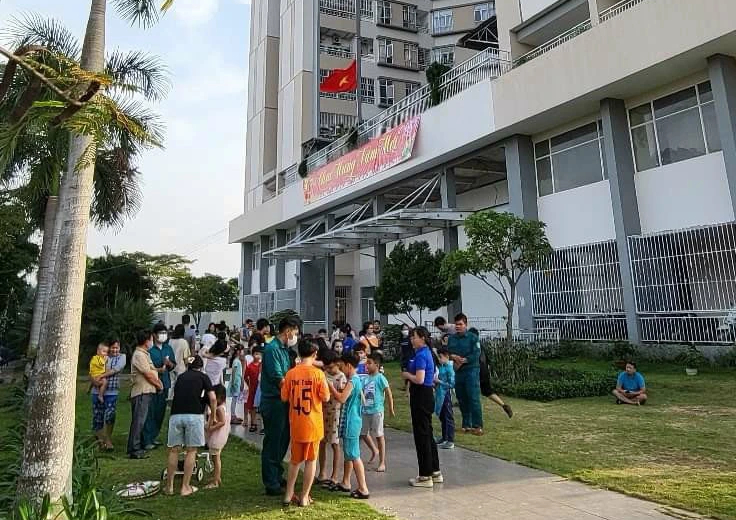
Individuals who purchase social housing are eligible for low-interest loans.
– Advantages: Social housing is a support policy for specific groups and offers the following advantages:
Typically sold at a lower price than other types of housing.
Individuals who rent or purchase social housing are eligible for low-interest loans.
Therefore, social housing is a suitable option for low-income earners who wish to own a house of relatively good quality with decent services.
– Disadvantages:
Not everyone is eligible to purchase social housing. Only individuals who fully meet the necessary and sufficient conditions as stipulated by law are eligible to purchase.
The area of social housing units is relatively small, ranging from only 30 to 70m2, which is quite small for individuals looking for a larger house.
Social housing units cannot be sold for the first five years. If there is a need to sell within this period, they must be sold to the investor, the State, or other individuals who are eligible to purchase social housing

